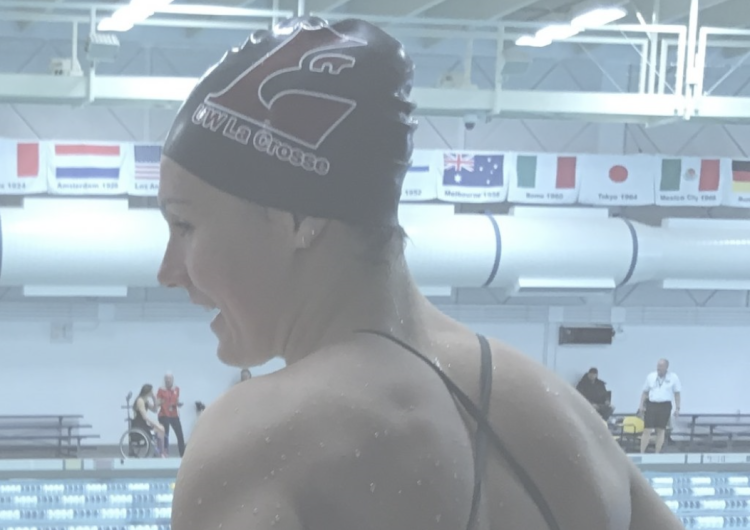Going for Gold One Step at a Time

This summer, Paris will host the Paralympics from August 28 to September 8, and while these games are always less popular than the Olympics, says Natalie Sims, a two-time Paralympic swimmer, and two-time World Para Swimming gold medalist, this could soon be changing.
“The Paralympics have less viewership than the Olympics because the Paralympics are viewed from a sympathetic angle rather than a recognition of their talents,” Sims told Peacock Media in a recent interview.
“The standards are set lower for Paralympic athletes and despite their performance, they are viewed through a more compassionate lens than out of genuine interest. There are stereotypical representations of disability where an athlete’s disability is framed as a problem that they must overcome to achieve success," she said.
The Paralympic Games are the single largest sports event for athletes with disabilities. Just like the Olympics, the Paralympics happen every 2 years, comprising both a Winter and Summer Games. The last 12 consecutive days of the competition are held in the same host city as the Olympics which takes place shortly after. Although sports equipment might be modified for some Paralympic sports, the events occurring are typically the same as those present at the Olympics. The Paralympics, and Para sports in general, have a unique organization, with athletes competing in different categories based on their disability.
Sims qualified for the Tokyo 2020 Paralympic Games. (Image Credit: University of Wisconsin-La Crosse)“There is a certain complexity to Para sports that makes it hard for the public to understand. The Paralympics are parallel with the Olympics, and we are just as determined and passionate about our sport compared to our Olympic counterparts,” Sims said.
She reflected, “While training is the priority, I still balance my schedule with work and family and friends. To get to where I am today, I've had to step out of my comfort zone and work to accomplish my goals. If you want something bad enough there's nothing holding you back except yourself. A dream is just a dream, it's what you do that will make that dream a reality."
Because the public focus is often on disability rather than achievement, there is a lack of understanding as to what it takes to become a successful para-athlete. Sims added that to shift perspectives, “Para-athletes need to be seen for their accomplishments. Each person has a journey and what it took for them to get to where they are. I've had a lot of teammates go through tragedy. Despite it all, they let their determination drive their success, not their disability. Disability does not define a person, achievement and talent do."
Achievement and talent seem to be driving growing interest in the Games. Every Paralympics since Rio 2016 has had a significant increase in hours aired on NBC, the official Olympic and Paralympic channel. Sims has paid attention to this rise, noting that in 2021, NBC aired 1,200 hours of programming for the Tokyo Paralympics which broke rating records compared to its predecessor in Rio. NBCUniversal, she says, just announced record-setting programming for the Paris Paralympic Games, with over 14 televised hours of Paralympic programming and 1500 hours of streaming coverage on Peacock and NBC.
“The Paralympic Games have gained more popularity in viewership which is a huge step and has the potential to grow even bigger by 2028. There has been a growing interest and each year there's been a turnaround with ticket sales.” She concludes, “It's just keeping those seats filled that seems to be challenging.”








